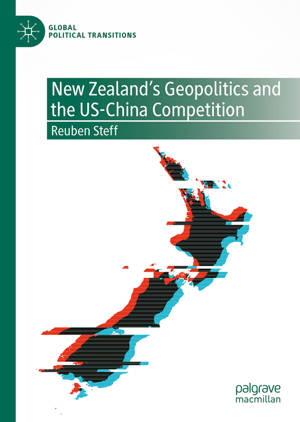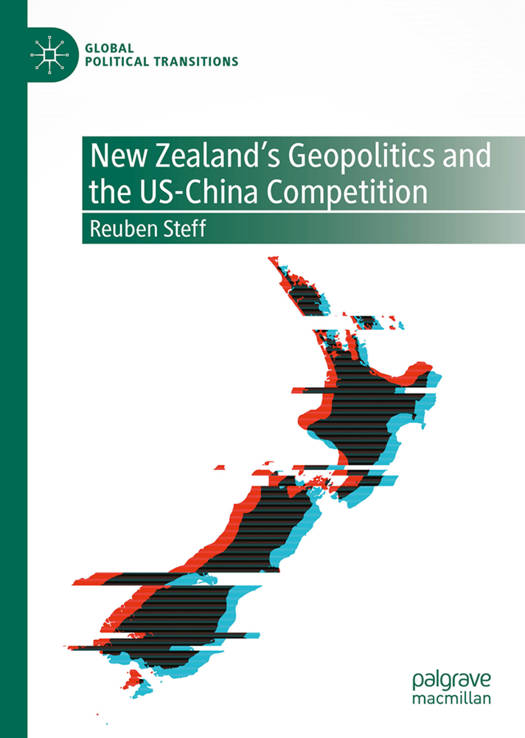
- Afhalen na 1 uur in een winkel met voorraad
- Gratis thuislevering in België vanaf € 30
- Ruim aanbod met 7 miljoen producten
- Afhalen na 1 uur in een winkel met voorraad
- Gratis thuislevering in België vanaf € 30
- Ruim aanbod met 7 miljoen producten
Omschrijving
This book advances the establishment of a contemporary New Zealand geopolitical tradition. It details and examines New Zealand's geopolitical reality in an increasingly fractured global security (dis)order defined by interdependent strategic competition and emerging multipolarity. A centrepiece is the multidimensional US-China Great Power Competition that has the makings of a Second Cold War. This has immense implications for New Zealand's greater region, the Indo-Pacific, and its immediate area, the South Pacific. The latter is of existential importance to New Zealand, becoming an active area of strategic competition as China projects its influence southwards, and New Zealand, Australia and the United States respond. In this context, New Zealand's location is increasingly geopolitically relevant and the idea it occupies a 'benign security environment' has now been cast into the dustbin of history. The decisions it makes presently will determine the country's prosperity and geostrategic security for decades.
Geopolitical theory, along with a detailed empirical account of strategic competition in the Indo-Pacific and South Pacific, offers a clear exposition of the implications of US-China competition for New Zealand. This directs us to the nation's material characteristics and imperatives that flow from it. The book also appraises the country's strategic options and indicates how and why Wellington's approach has shifted over time from hedging between the US and China to, increasingly, balancing against Beijing's efforts to alter the global and regional status quo.
Through analysis and provocation, this book marks a major new contribution that will interest policymakers, academics, students and everyday citizens.
Specificaties
Betrokkenen
- Auteur(s):
- Uitgeverij:
Inhoud
- Aantal bladzijden:
- 230
- Taal:
- Engels
- Reeks:
Eigenschappen
- Productcode (EAN):
- 9789819602810
- Uitvoering:
- Hardcover
- Afmetingen:
- 148 mm x 210 mm

Alleen bij Standaard Boekhandel
Beoordelingen
We publiceren alleen reviews die voldoen aan de voorwaarden voor reviews. Bekijk onze voorwaarden voor reviews.












